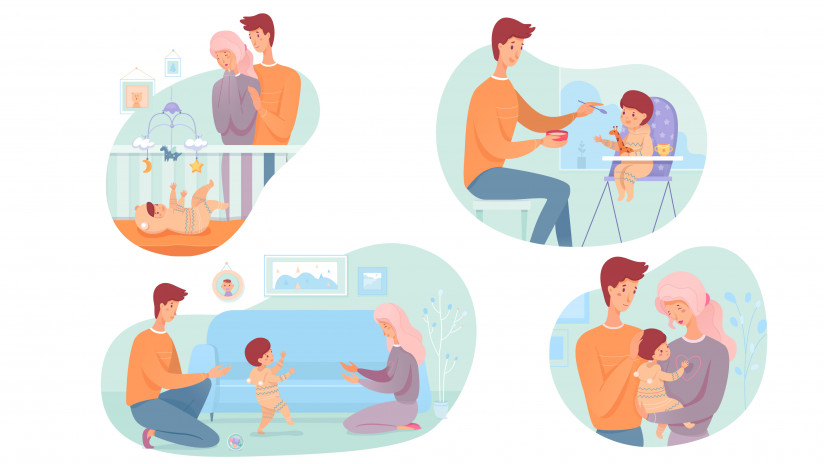Alumni of the "School of Young Social Researchers" of the Institute of Democratic Initiatives prepared a research paper on "Description of Statistical Indicators of Marriage and Divorce and Family Planning in Azerbaijan".
The purpose of the research is to study the awareness of young families about family planning and to find out how their awareness affects family planning. In addition, this research paper presents the analysis of marriage and divorce statistics in different years in our country based on the data of the Statistical Committee of the Republic of Azerbaijan, the reasons for the dynamics observed in this regard.
The research is based on online survey covering different social segments of Azerbaijan in terms of data collection. As a result of online surveys, 56 completed surveys were obtained, and their analysis was carried out accordingly.
71.4% of respondents identified themselves as female, 26.8% as male, and 1.8% as non-binary. Also, if we look at the age range of the respondents, 44.6% of them are 23-28, 28.6% are 29-34, 10.7% are 18-22, 7.1% are 35-40 years old, and 8.9% are over 40 years old. In addition, it can be noted that 55.4% of the respondents received or are receiving higher education (Bachelor), 21.4% received or are receiving a master's degree, and 12.5% have completed an education level above the master's level or are currently studying at a higher education level than the master's level.
It is clear from the results of the survey that among the people the level of referral to specialists related to family planning is quite low. Thus, 94.6% of the respondents said that they never received expert support in the mentioned topic, and 98.6% said that they never applied to the Family Planning Center.
Nevertheless, 87.5% of respondents consider it useful to use contraceptives in terms of family planning. From the results of the survey, it can be assumed that although the population's confidence in the means of protection is significantly higher, the relationship with the relevant specialists and institutions is weak.
You can find out more information in our research paper.
The paper is only available in Azerbaijani.
